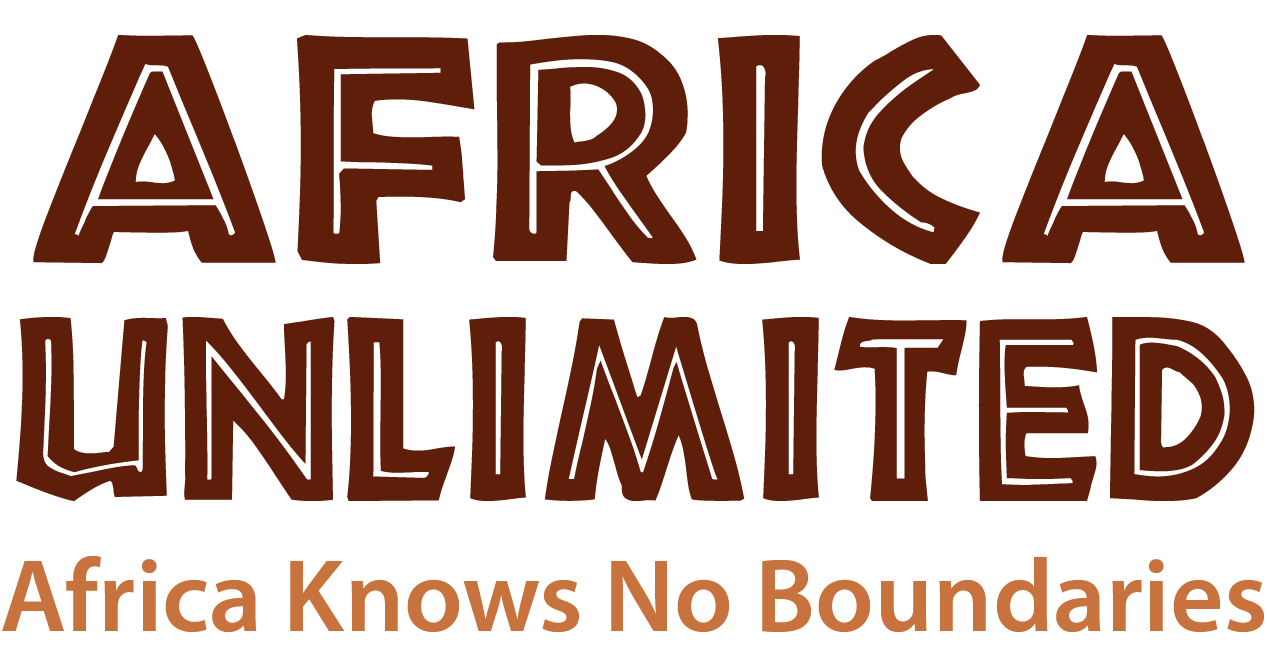I am neither American nor Jamaican, and yet I am both American and Jamaican. I am a “Jamerican.” I was born in America, but my parents are Jamaican. Up until the late 1960s there were few people from the English-speaking Caribbean living in New York. The only time I heard a Caribbean accent was in my home or at a relative’s house. My people always spoke fondly of Home, of how much fun they had there, of how the sun always shone there, how the people were so friendly, the land beautiful, the fruits sweet. I thought “Home” was another name for Jamaica, and wondered why they had ever left. My playmates were all Americans. We never had any problems, but I was aware of slight cultural differences, and so were they.
Starting in the 60s, most of the aunts and uncles and cousins who had only peopled the legends of Home, began appearing in the flesh in New York. I eagerly embraced my young cousins and tried to dance like them, talk like them and act like them, but I could not, and they good-naturedly called me a “Yankee.” So there you have it. I am a man without a country, or with two countries, a Jamerican. Whenever I have heard African Americans criticize people from the Caribbean, I would speak as a fellowAfrican American in their defense. Whenever I heard Caribbean people put down African Americans, I would speak as a Caribbean person, in defense of Americans. Some say that people from the Caribbean are pushy, others that African Americans are lazy. Which is true?
Both are false. The initial wave of Caribbean immigrants may have been more ambitious than many African Americans, but that was because they were not truly representative of those back home. They were the ones willing to leave family and friends and suffer untold hardships to start life anew. Once immigration restrictions were lessened, a broad cross-section of the population began to make the trip. Their average economic performance tends to parallel African Americans’. Any remaining differences may be traced back to the days of bondage when many of the Africans on the islands tilled their own individual plots of land called “provision grounds.”
Total economic production came out of the sugar plantations. Therefore, those kept in bondage could not be fed on food grown elsewhere, as often happened in America. They had to be permitted to grow food for themselves on their own land, their own provision grounds. Many, therefore, were able to hold onto some of their independence and self-sufficiency even during slavery. In addition, once the period of bondage was over, Europeans out-numbered more than ten-to-one, had to turn to people of color to handle key jobs on all levels of these developing societies.
In Charleston, South Carolina and in the islands off the coast of Georgia and South Carolina, we find a people referred to as Gullah, or Geechie, who speak their own particular tongue. It sounds very much like the speech patterns one hears in the English speaking Caribbean. Here, during bondage as in the Caribbean, there were very few whites and so the people here were also self-sufficient. They succeeded in maintaining many of the African traditions that those of us from the mainland have largely lost.
So we see that between African Americans and Africans from the Caribbean, there are merely superficial, cultural differences. Ethnically, culturally, we are one and the same, different branches growing from the same African tree…
by Dr. Arthur Lewin, author of Africa Is Not A Country: It’s A Continent, www.AfricaUnlimited.com
